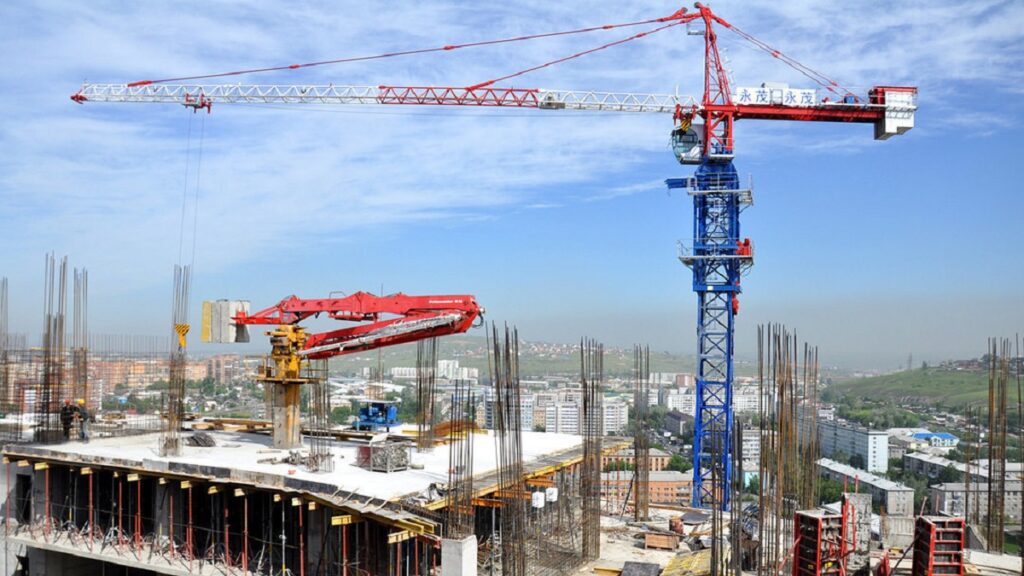
We are used to certain benefits of civilization – electricity, water, sewage. And what about those who don’t have even the most basic comforts? It is hard to believe, but in our technologically advanced age, where humanism is valued, millions of people are forced to roam in huts, caravans, or even outdoors. While cities have homes and even neighborhoods where no one lives. No one demands charity from commercial developers, but the state could certainly take care of these people.
Recently, the United States released a new film, UNZIPPED, about how a prosperous America lacks affordable housing and how governments are trying to tackle housing inequality. The executive producer was American actress Lucy Lew, who advertised it on her Instagram page. “The film is an urgent call for more equitable housing solutions for every community in America and around the world,” says the actress.
SLUM DWELLERS
Global housing is a global challenge. According to statistics, more than 1.8 billion people in the world live either in poor settlements made of waste or in dilapidated houses with inadequate conditions. In these houses you will not find the usual amenities: water, sewage, electricity. But we are so used to the fact that these are the simplest attributes of the life of modern man!
It is worth noting that many people have been living under the threat of forced eviction for years. The reasons may be different – an unpaid mortgage loan, demolition of the house due to construction, for example, a road, etc. But it’s not normal! All conventions and international instruments state that the right to adequate housing is a basic value and implies security of tenure. In today’s world, no one has to worry about being kicked out of an apartment or having it confiscated. This is clearly stated in art. 25 of the 1948 Universal Declaration of Human Rights or article 11.1 of the 1966 International Covenant on Economic, Social and Cultural Rights.
Despite all the declarations, there are more than 100 million homeless people in the world today, and that number is increasing every year. It is not necessary to think that this applies only to the poorest countries – the problem is widespread even in quite prosperous states.
This problem was particularly acute during the COVID-19 pandemic. Remember, we were all encouraged to stay at home and limit social activity as much as possible. But not everyone was able to comply with quarantine restrictions and stay at home because of the lack of one. Moreover, because of the economic crisis caused by widespread lockdowns, people lost jobs and income and could no longer pay rent or mortgage.
At the same time, the UN has long recognized homelessness as the most serious violation of human rights to housing! The slogan of this organization is widely known: “Housing is an inalienable human right, not a commodity”. Everyone has the right to adequate housing with all amenities. A house or apartment that warms in winter and cools in summer. Housing with developed social, educational and medical infrastructure. After all, you can’t deprive people of all this for the sake of the market.
Despite the clear violation of basic human rights, no one has been held accountable for that. The reason is evidently that legislation in the vast majority of countries ignores the fact that housing is an inalienable human right.
EMPTY SKYSCRAPERS VS AFFORDABLE HOUSING
No one argues that housing construction is an expensive pleasure, and in order to meet the needs of everyone, a lot of money is needed. But there are plenty of public organizations, foundations, philanthropists that could contribute to the process at least partially. For example, I have donated a total of more than 1 million euros to various programs of UNICEF Italia, Global Gift Foundation, the Caring Family Foundation for Protection of Children and Family. Unfortunately, private efforts are not enough to provide housing for almost 2 billion people!
Governments of developed countries must therefore assume their responsibilities. There are enough of tools, and they are known: responsible public policies, national housing strategies, fair mortgage programs, and the relevant emphasis in relations with developers. But that’s ideal, and in reality, we’re seeing developers getting rich, and real estate prices in cities skyrocketing. In addition, overheating of the market ends badly for the developers themselves. They are trying to catch the tide by building more houses and apartments at peak prices. But no one can afford them anymore.
I wonder, for whom very expensive luxury, having first-class social and other infrastructure, ghost cities in China, Myanmar, Angola, UAE, Saudi Arabia and other countries, if no one lives there are built. Why was it necessary to build a new huge area of the Chinese city of Ordos, designed for a population of one million people, if only a few percent of the apartments were bought there? This chasm strikes the imagination: on the one hand, slum dwellers, and on the other, millions of dollars are spent on glittering rooms where no one can afford to live.
I think developers should change their priorities. Instead of trying to sell every square meter for the maximum price and burn out as a result, it is better to focus on building affordable housing. Of course, they may object that the construction process itself has become very expensive, and they cannot work at a loss. All right, building materials, fuel and consumables have really gone up. But there are alternative construction technologies that have long been mastered and proven effective in Japan itself. Or the so-called quick-assembled apartment buildings. If you set the goal to build affordable, but at the same time high-quality housing, I am sure, immediately there will be a lot of ideas on how to make its construction cheaper. These technologies might have been invented and are waiting for their time to be implemented.





